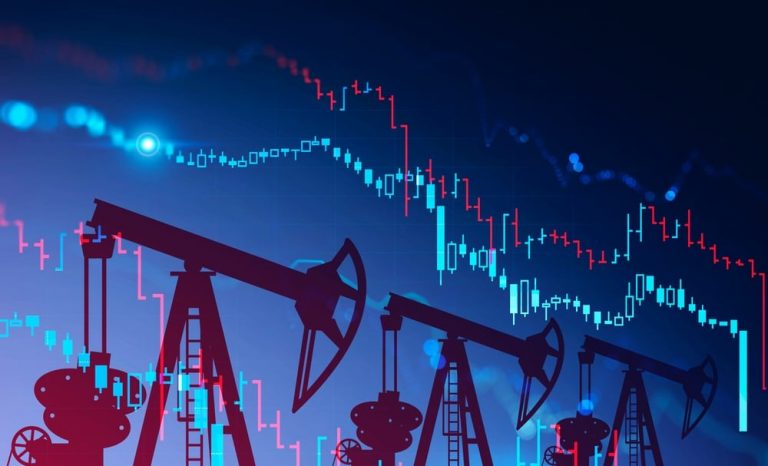Oil Prices Surge Amidst Large US Stockpile Draw
In the intricate web of global economics, oil trading stands as one of the most influential and dynamic sectors. As nations strive to power industries and households, the buying and selling of oil have profound impacts on both financial markets and geopolitical relations.
The world’s reliance on this precious commodity has birthed a complex ecosystem of oil trading platforms where traders navigate the currents of supply, demand, and speculation.
A recent development has again brought oil prices into the spotlight, as a significant draw in US stockpiles coincides with the looming threat of hurricanes, underscoring the ever-present fragility of the oil market.
The Interplay of Supply and Demand: Navigating Oil Trading Platforms
In the realm of oil trading, the bedrock principle of supply and demand reigns supreme. As economies grow, the demand for oil surges, propelling prices upward. Conversely, disruptions in supply, whether due to geopolitical tensions or natural disasters, can trigger volatility that reverberates across the globe. This intricate dance between supply and demand unfolds prominently on oil trading platforms, digital arenas where investors and traders engage in the intricate art of buying oil.
Brent crude futures for October showed resilience in the early hours of trading, with a modest increase of 17 cents, equivalent to a 0.2% rise, pushing the price per barrel to $85.66. Notably, this surge comes as the October contract approaches its expiration date, scheduled for Thursday. Meanwhile, the November contract, which is currently more active, also experienced an uptick, settling at $85.08 per barrel after a similar 17-cent increase.
In the age of technology, these platforms have revolutionised how individuals and institutions alike approach oil trading. From seasoned financial experts to newcomers intrigued by the intricacies of how to trade oil, these platforms offer a level playing field.
Weathering Storms: Oil Prices Amidst US Stockpile Draw and Hurricane Threats
Recent events have once again thrust oil trading into the limelight. A substantial draw in US oil stockpiles has triggered a rally in oil prices, highlighting the market’s sensitivity to supply fluctuations. On the other side of the globe, U.S. West Texas Intermediate (WTI) crude futures mirrored the positive sentiment. These futures saw a gain of 24 cents, translating to a 0.3% increase, bringing the WTI crude price to $81.40 per barrel. This upswing marks the fifth consecutive session of gains for U.S. crude futures.
As traders and investors closely monitor these developments, the fundamentals of oil trading come sharply into focus. The ability to predict and navigate such market-moving events requires a comprehensive understanding of the intricate factors at play. From geopolitical tensions that can disrupt supply lines to the environmental factors that amplify price shifts, a holistic grasp of the oil market is imperative for successful trading.
Contrasting Figures in the Global Oil Market
However, it’s worth noting that while crude oil inventories saw a notable decrease, the API data also unveiled an increase in gasoline inventories, which surged by about 1.4 million barrels. Additionally, distillate fuels, encompassing diesel and jet fuel, registered an uptick of around 2.5 million barrels. These contrasting figures in the inventory data emphasise the complexity of the global oil market, where various factors, including supply and demand dynamics.
In the realm of global economics, few domains are as impactful as oil trading. Its influence on financial markets, geopolitical dynamics, and daily life is undeniable. The rise of oil trading platforms has democratised participation, granting individuals the tools to explore the complexities of how to trade oil. As we witness the effects of a US stockpile draw and brace for potential hurricanes, the volatility of the oil market serves as a reminder of its inherent fragility.
The post Oil Prices Surge Amidst Large US Stockpile Draw appeared first on FinanceBrokerage.



